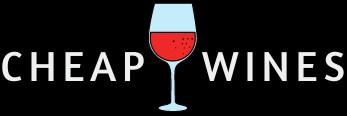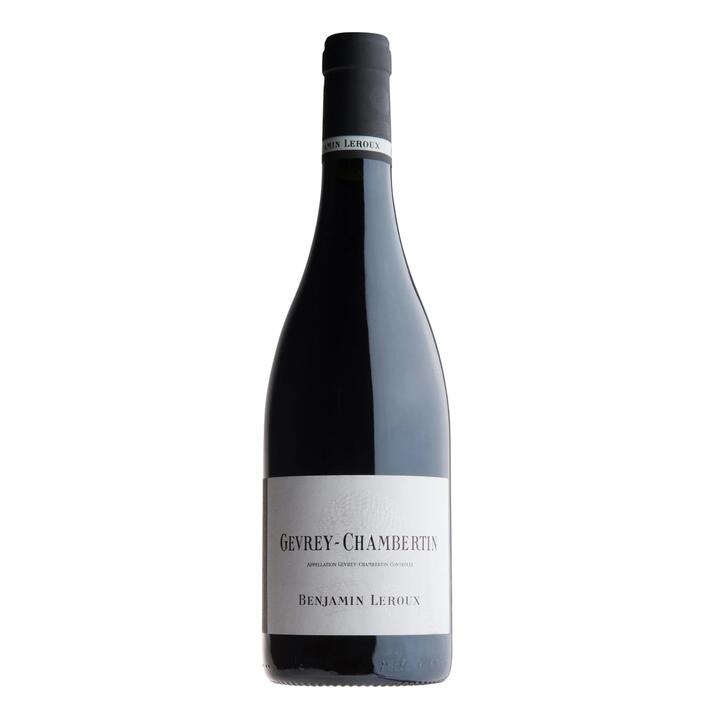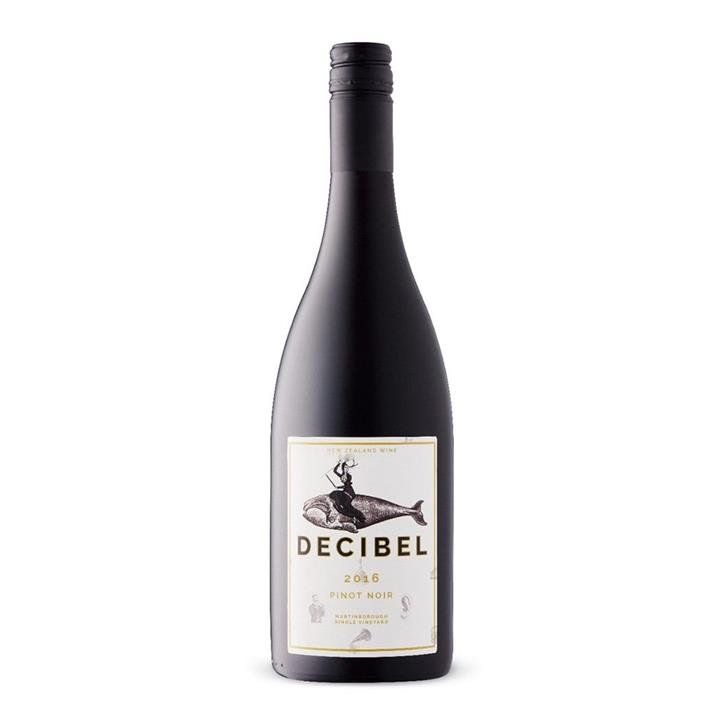Benjamin Leroux Gevrey-Chambertin 2022
$269.99
Product Information: Village level Gevrey-Chambertin. For the 2022 release, Leroux has crafted a multi-dimensional Pinot Noir that showcases a finesse, spice and seduction rarely found in this village level. This Gevrey village wine is a blend of old-vine Les Seuvrées in the south, with a complement of northern vineyards, including Les Crais and Les Champerriers. Then, there is a brilliant Brochon vineyard, named Les Jeunes Rois (the young kings), which brings dimension and spicy freshness to this cuvée. Each parcel was vinified separately before blending, with 85% of the fruit destemmed. The wine aged in 600-litre and 225-litre barrels (15% new). From a season of contradictions. William Kelley writes, ‘the 2022 vintage is proof that Burgundy hasn’t lost its capacity to surprise. How could the hottest, driest vintage since 1947 deliver wines so succulent, suave and charming?’ Every wine critically reviewed was outstanding for its appellation. The whites offer freshness, density and the site transparency that we love from top Burgundy. While the red Burgundies purr with succulent textures, elegant tannins and appetising freshness. And although 2022 was a ripe year, the finesse and balance are extraordinary across the range. After the challenging, low-yielding 2021 season, 2022’s warm, dry, and sunny conditions were a blessing for Burgundy’s vignerons. The success of season was owed to reasonable yields, cool nights and a couple of good rain events at critical periods. All factors that lead to beautiful balanced fruit with excellent vibrancy and freshness throughout. Maker: Lauded wine critic, Jancis Robinson boldly compares young Benjamin Leroux to the legendary Henri Jayer, ‘You may remember that when I asked Allen Meadows, aka Burghound, who he thought might be a natural heir to the late great Henri Jayer of Burgundy, one of the two people he cited was young Benjamin Leroux of Domaine Comte Armand.’ Henri Jayer is synonymous with Burgundy and remains one of the most revered wine personalities of the 20th century. If Jayer is the undisputed king of Burgundy, then Benjamin Leroux is emerging as his rightful heir. Leroux shares Jayer’s perfectionism and diligence, with a remarkable ability to uncover potential in challenging sites. His meticulous vineyard and cellar techniques ensure that each wine reflects a steadfast commitment to quality, much like his revered predecessor. Born and bred in Beaune, Leroux was a prodigy, studying at the Lycée Viticole in Beaune from age 15 and taking the reins at the esteemed Domaine Comte Armand when he was just 24. Leroux would stay at Comte Armand for fifteen vintages, while simultaneously launching his eponymous négociant operation in 2007. By 2014 Leroux left Comte Armand—in great shape, to concentrate on his personal venture. The first stage of his evolution allowed him to establish the winery (in the old Jaboulet-Vercherre premises off the Beaune périphérique) and refine his ideas and understanding of the terroirs with which he wanted to work. The way Leroux structured this side of his business was highly innovative. His aim was to create the same quality standards of the finest domaines, despite not owning most of the vineyards. In tandem with his excelling négociant business, Leroux has quietly been building up his family’s impressive domaine holdings, which now run to eight hectares. Though he worked these vineyards organically and biodynamically from the beginning, it took him several years to apply for organic certification, which came in 2016. Ben’s first vineyard purchase was a 0.16-hectare slice of Batard-Montrachet in 2009, though most of Leroux’s white vineyards lie in Meursault and top-tier parcels in Genevrières-Dessus and Charmes-Dessus. For the reds he farms his beloved Blagny 1er Cru La Pièce Sous le Bois, in Volnay Santenots and there are a number of small parcels in Vosne-Romanée. These wines are a reminder of why people buy, drink and obsess over great Burgundy. The Philosophy: Ben has long-term relationships with the growers he works with, some of which he pays by land area rather than the quantity of fruit harvested. This allows him to dictate lower yields, ripeness, date of harvest, and so on. He only works with high-quality growers who plough or do not use herbicides or pesticides. Most are organic or biodynamic. For those that are not, there is an understanding that they will move to organics over five years. Like the greats before him, Leroux’s knowledge of the Côte is encyclopaedic, and he has unearthed some very exciting, previously less well-known terroirs for his portfolio. It’s important not to underestimate how close Leroux works with these growers, as that is one of the keys to his






There are no reviews yet.